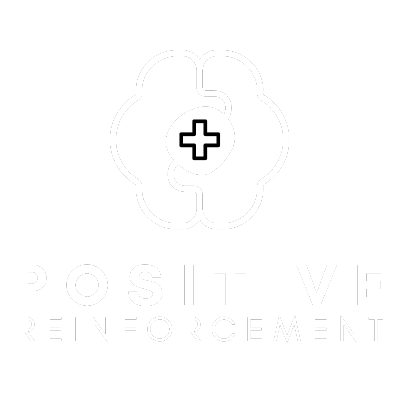Can We Afford to Keep Up ABA Therapy?
Can We Afford to Keep Up ABA Therapy?

Applied Behavior Analysis is an intensive therapy with costs that mount quickly but with results over time that will impact your child’s life for years to come. Families asking the question, “Can we really afford to keep this up?” must also ask the question, “Can we afford not to?” If your child has autism, ABA therapy really is an investment in their future. Fortunately, there are ways to supplement insurance or cover costs if you have no insurance, so that your family’s financial stability doesn’t have to suffer in order to make that investment.
Medicaid: If you do not have insurance, the federal and state health insurance program, Medicaid, may be able to provide coverage. This program is typically thought of as only being for families in lower socioeconomic groups, but families with children who have special needs could also qualify. This may include autism if the severity requires substantial or very substantial support.
Supplemental Security Income: SSI is a federal program designed for people with disabilities to receive some form of income. There is no age limit, and it is a needs-based program. Depending on the specifics of your child’s autism and their related needs—such as extensive ABA therapy—they may qualify for SSI funds.
Subsidiaries for food and housing: If your child’s needs are so great that you need to be away from work frequently or you can’t pay your bills, you may qualify for government housing benefits or food stamps. These benefits may relieve some financial stress and free up more funds for therapy or other autism-related costs you find yourself needing to pay.
School programs: In some cases, providers of ABA therapy will partner with a public or private school in order to offer services at no cost to families. These services may be full- or part-time and are subject to availability. For children with significant needs, this will likely be only part of the services they require, but if your child’s autism is less severe, such a program may be enough to meet their needs.
Community programs: Community centers, churches, or clinician’s offices sometimes host weekly or monthly programs around a specific theme or skill. These programs may focus on building skills such as accepting “no” for an answer, being quiet in certain settings, tolerating crowded places, or using a choice menu.
Contact Positive Reinforcement today for ABA therapy servicing North Virginia, West Virginia. Now providing In home ABA Therapy Services in Richmond Virginia.










